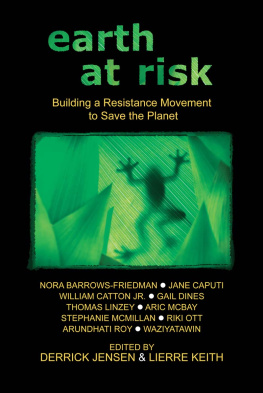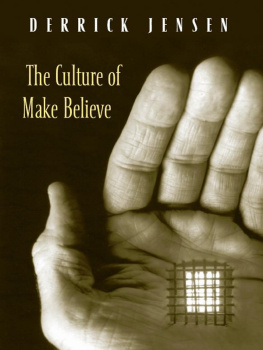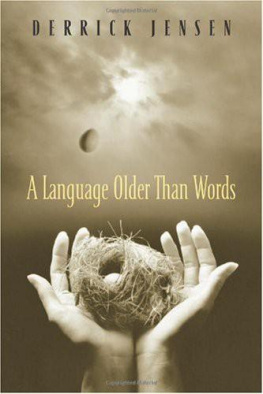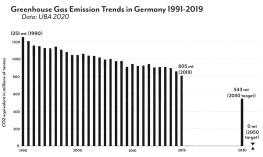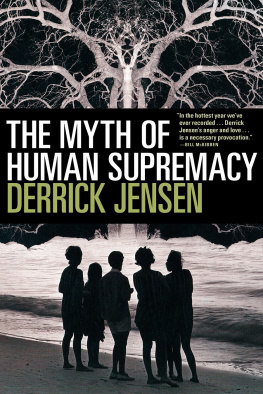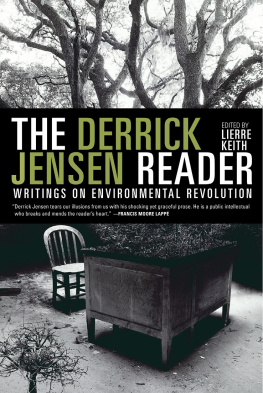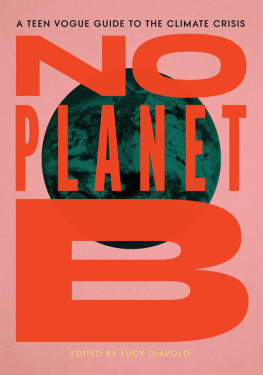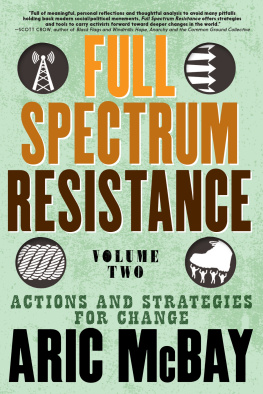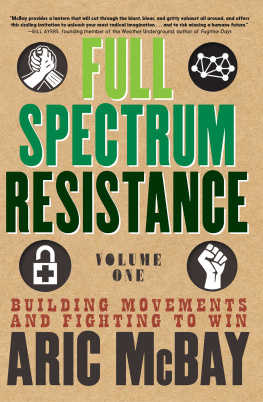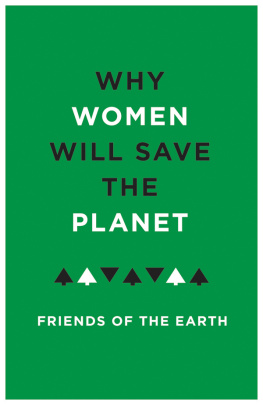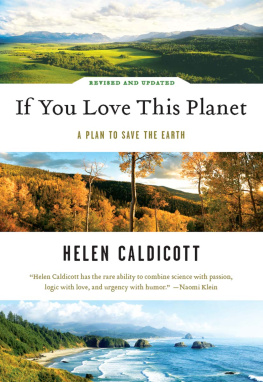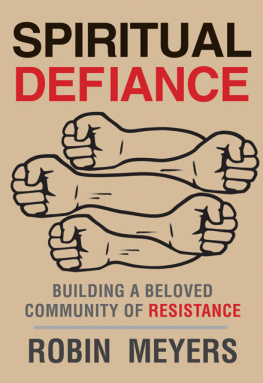
Earth at Risk: Building a Resistance Movement to Save the Planet
Edited by Derrick Jensen and Lierre Keith
2013 Derrick Jensen and Lierre Keith
ISBN: 978-1-60486-674-2
LCCN: 2012913623
This edition copyright 2013 PM Press
All rights reserved.
10 9 8 7 6 5 4 3 2 1
Flashpoint Press
PO Box 903
Crescent City, CA 95531
www.flashpoint.com
PM Press
PO Box 23912
Oakland, CA 94623
www.pmpress.org
Layout by Jonathan Rowland
Cover art by Stephanie McMillan
Printed on recycled paper by the Employee Owners of Thomson-Shore in Dexter, Michigan.
www.thomsonshore.com
Contents
Introduction by Derrick Jensen
This collection of discussions is about the shift in strategy and tactics that has to happen if we want to build an effective resistance. It is about putting our bodies and our lives between the industrial system and life on the planet. It is about fighting back.
The dominant culture is killing the planet. It is long past time that those of us who care about life on earth begin to take the actions necessary to stop civilization from destroying every living being.
By now we all know the statistics and trends: 90 percent of the large fish in the oceans are gone, 97 percent of native forests have been destroyed, as have 98 percent of native grasslands. There is ten times as much plastic as phytoplankton in the oceans. Amphibian populations are collapsing, migratory songbird populations are collapsing, mollusk populations are collapsing, fish populations are collapsing, and so on. Have you noticed that you dont have to clean your windshield nearly as often as you used to? Even insect populations are collapsing. Two hundred species are driven extinct each and every day.
This culture destroys landbases. Thats what it does. Iraq used to have cedar forests so thick that sunlight never touched the ground. One of the first written myths of this culture is about Gilgamesh deforesting the hills and valleys of Iraq to build a great city. The Arabian Peninsula used to be oak savannah. The Near East was heavily forested. Weve all heard of the cedars of Lebanon. Greece was heavily forested. North Africa was heavily forested. This culture destroys landbases, and it wont stop doing so because we ask nicely. We dont live in a democracy. Think about it: do governments better serve corporations or living beings? Do judicial systems hold CEOs accountable for their destructive, often murderous acts?
Here are a couple of riddles that arent very funny. Question: What do you get when you cross a long drug habit, a quick temper, and a gun? Answer: Two life terms for murder, earliest release date 2026. Question: What do you get when you cross two nation states, a large corporation, forty tons of poison, and at least eight thousand dead human beings? Answer: Retirement with full pay and benefits. Thats what happened to Warren Anderson, CEO of Union Carbide, which caused the mass murder at Bhopal.
Heres another way to say this: What do you call someone who conspires to put poison in the subways of Tokyo? You call him a terrorist and you put him in prison for life. What do you call someone who conspires to put poison in the groundwater of the United States? You call him Dick Cheney. Or oil and gas man, or fracker. Do the rich face the same judicial system as you or I? Does life on earth have as much standing in a court as does a corporation? We all know the answers to those questions. And we know in our bones, if not always our heads, that this culture wont undergo any sort of voluntary transformation to a sane and sustainable way of living.
If you care about life on the planet and if you believe the culture wont voluntarily cease to destroy it, how does that belief affect your methods of resistance? Most of us dont know because most of us dont talk about it.
At the Earth at Risk conferences of 2011 and 2012, leading environmental activists and thinkers gathered to talk about it. This collection of discussions from those days is about the shift in strategy and tactics that has to happen if we want to build an effective resistance. It is about putting our bodies and our lives between the industrial system and life on the planet. It is about fighting back.

Those who inherit whatever is left of the world once this culture has been stopped, whether through peak oil, economic collapse, ecological collapse, or the efforts of brave women and men resisting in alliance with the natural world, are going to judge us by the health of the landbase, by what we leave behind. Theyre not going to care how you or I lived our lives, how hard we tried, or whether we were nice people. Theyre not going to care whether we were violent or nonviolent. Theyre not going to care whether we grieve the murder of the planet. Theyre not going to care whether we were enlightened or not enlightened.
Theyre not going to care what sort of excuses we had to not act. Im too stressed to think about it. Its too big and scary. Im too busy. Those in power will kill me if I act against them. If I fight back, I run the risk of becoming like they are. But I recycled. You can substitute any of a thousand other excuses weve all heard too many times.
Those who come after us are not going to care how simply we lived. Theyre not going to care how pure we were in thought or action. Theyre not going to care whether we voted Democrat, Republican, Green, Libertarian, or not at all. Theyre not going to care if we wrote really big books. Theyre not going to care whether we had compassion for the CEOs and politicians running the deathly economy. Theyre going to care whether they can breathe the air and drink the water.
Every new study reveals that global warming is happening far more quickly than was previously anticipated. Scientists are now suggesting the real possibility of billions of human beings being killed off by what some are calling a climate Holocaust. A recently released study suggests an increase in temperature of 16 degrees Celsius, or about 30 degrees Fahrenheit, by the year 2100. Were not talking about this culture killing the planet sometime in the far distant future. This is the future that children born today will see and suffer in their lifetimes. Is this culture worth more than the lives of your own children?
In The Nazi Doctors, Robert Jay Lifton explored how it was that men who had taken the Hippocratic oath could lend their skills to prisons where inmates were worked to death or killed in assembly lines. He found that many of the doctors honestly cared for their charges and did everything within their power, which meant pathetically little, to make life better for the inmates. If an inmate got sick, they might give the inmate an aspirin to lick. They might put the inmate to bed for a day or two, but not for too long, or the inmate might be selected for murder. They might kill patients with contagious diseases to keep the diseases from spreading. All this made sense within the confines of Auschwitz. The doctors did everything they could to help the inmates, except for the most important thing of all: they never questioned the existence of Auschwitz itself. They never questioned working the inmates to death. They never questioned starving them to death. They never questioned imprisoning them. They never questioned torturing them. They never questioned poisoning them. They never questioned the existence of a culture that would lead to those atrocities. They never questioned the logic that leads inevitably to the electrified fences, the gas chambers, the bullets in the brain.
Next page
